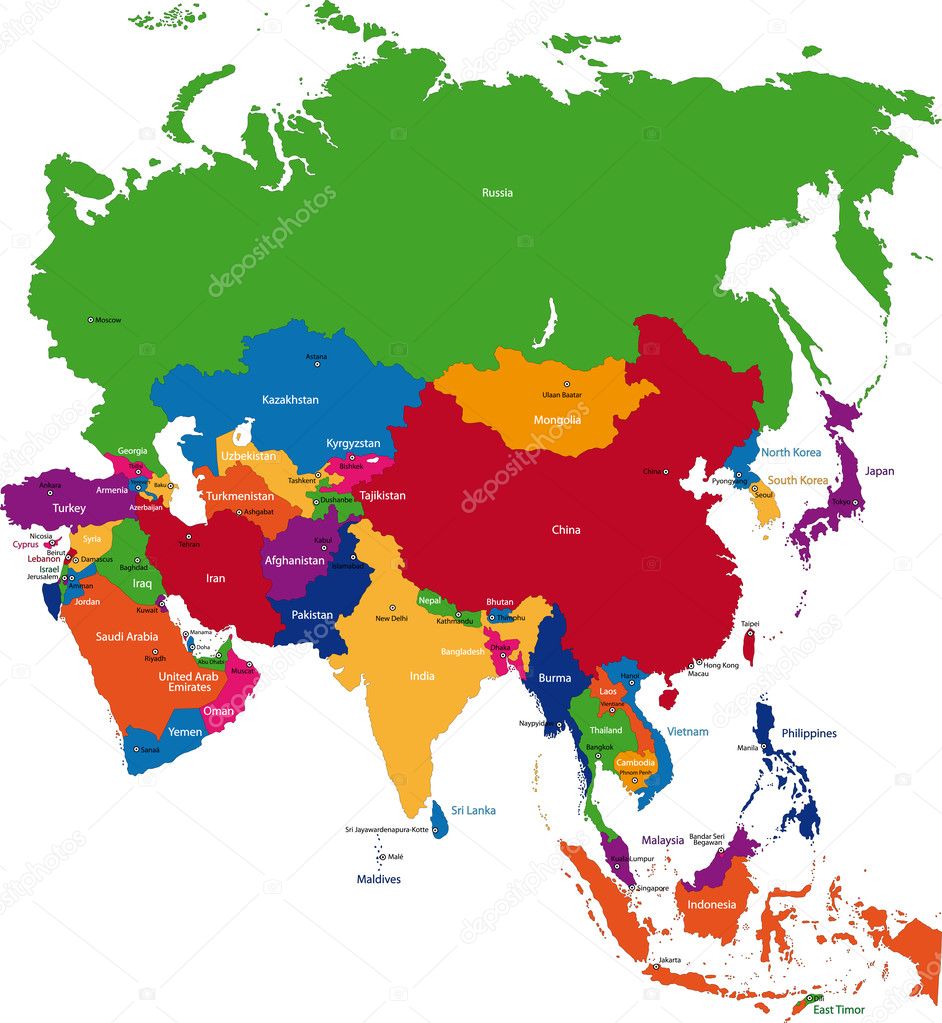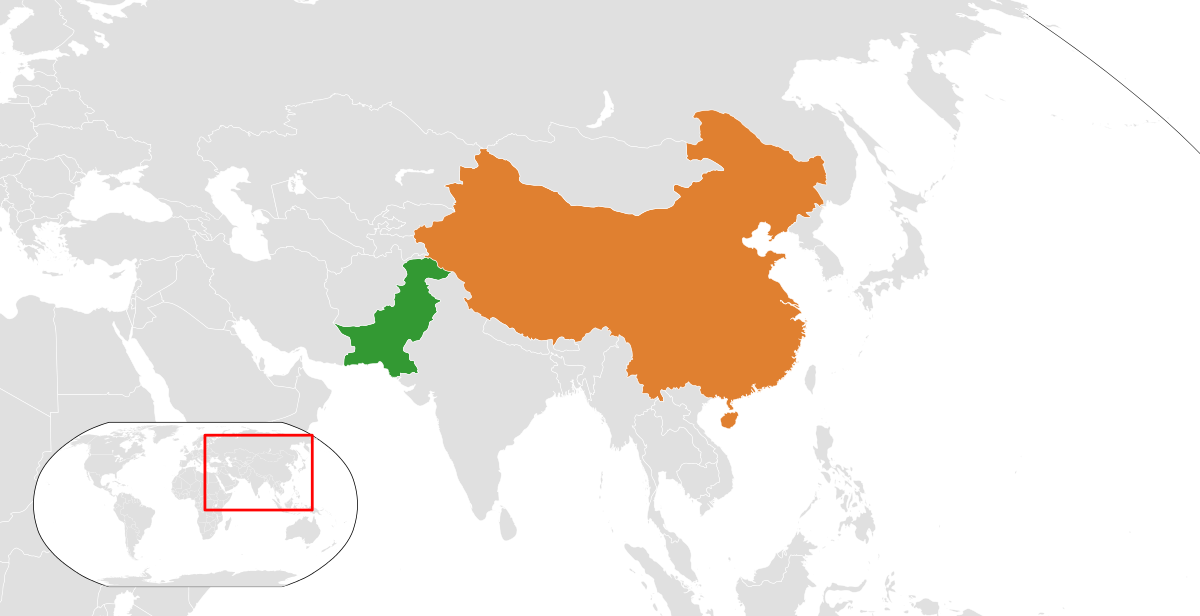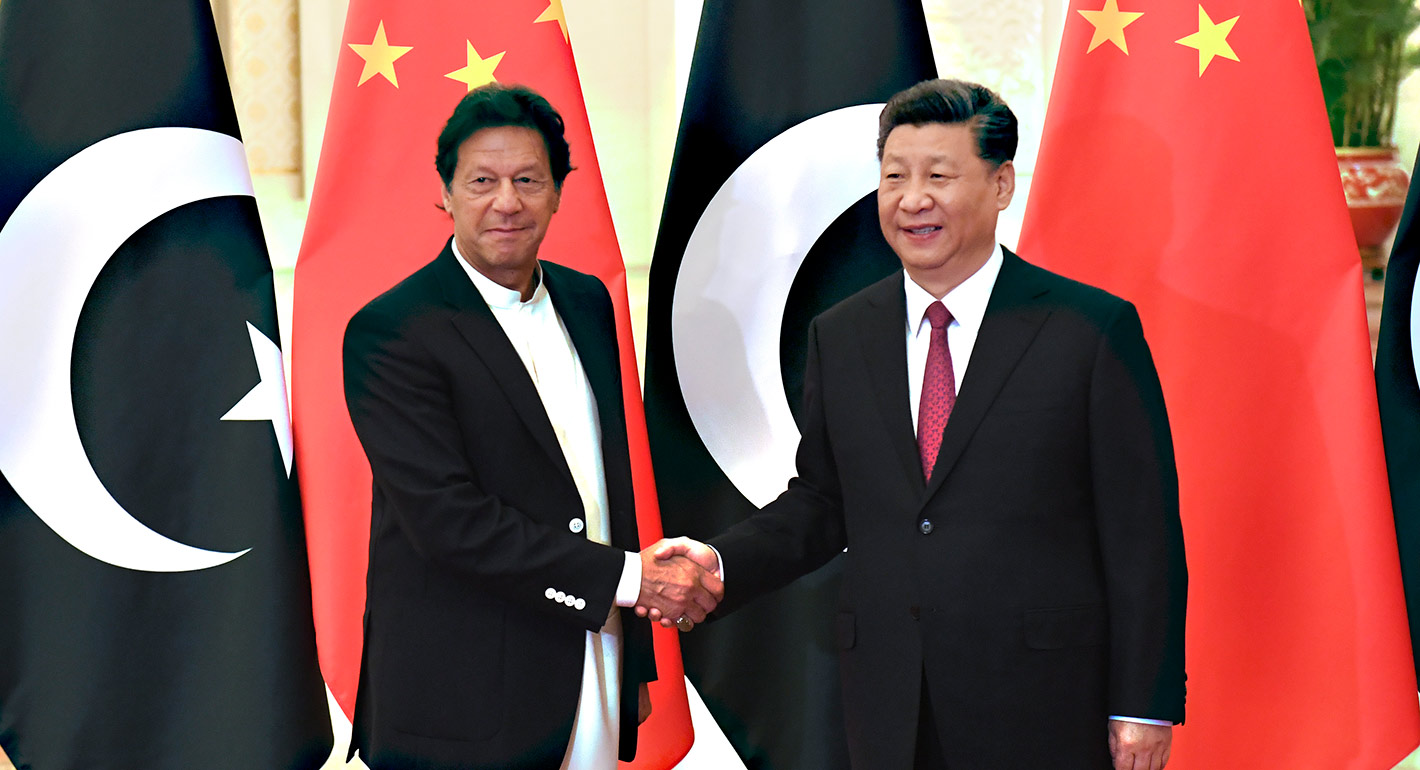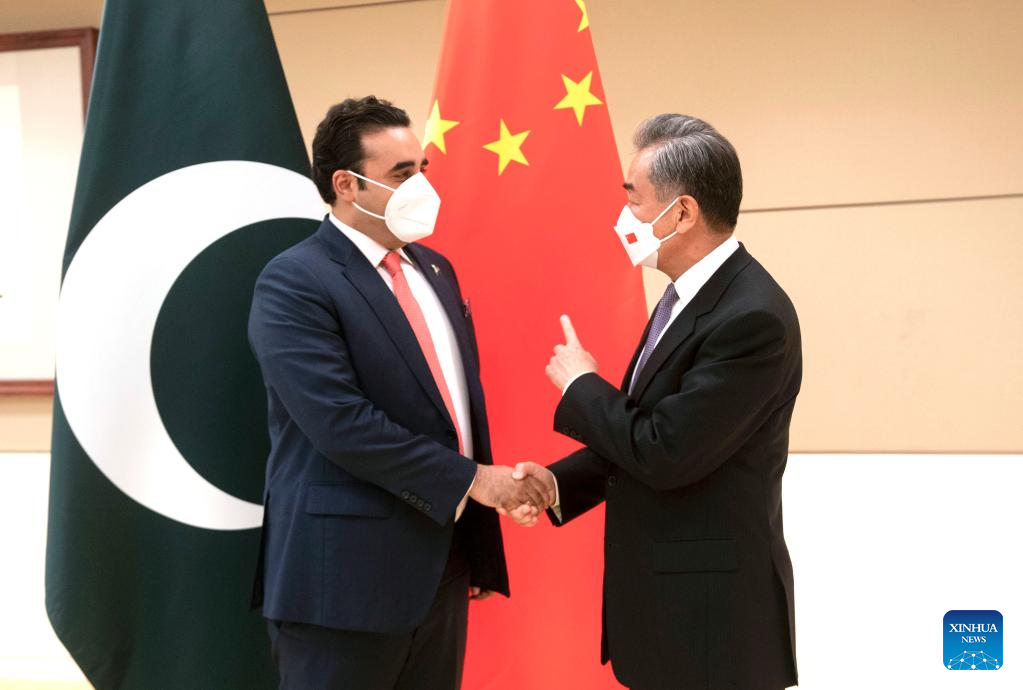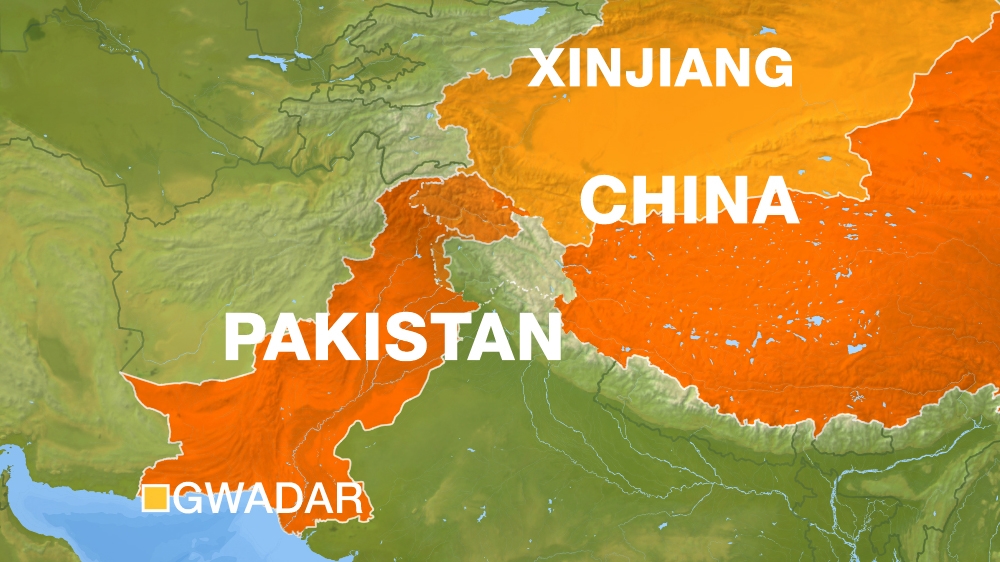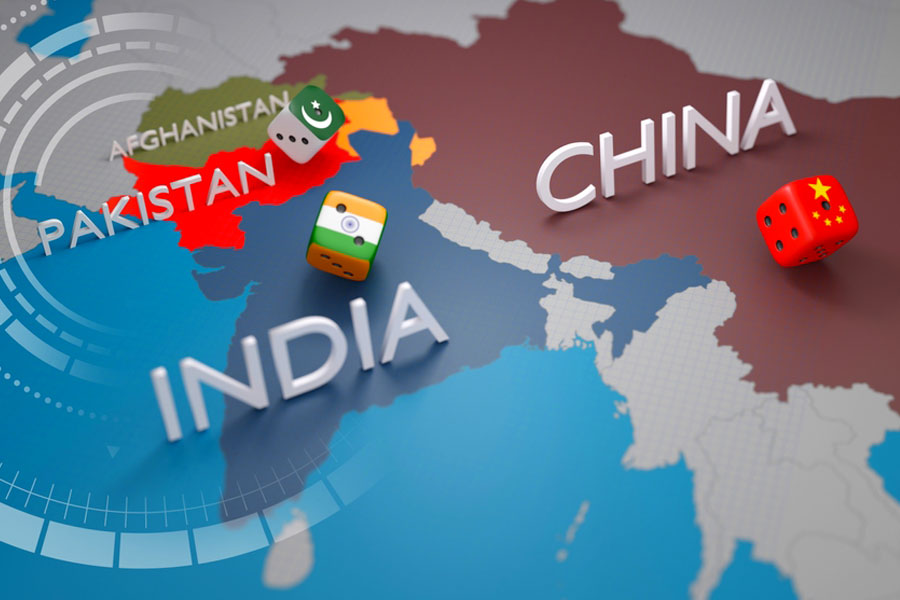Tribal Democracy: The Afghan Model America Never Tried
When the United States invaded Afghanistan in 2001, it entered a country not of tribes but of nations—small, ancient, proud, and distinct in custom, law, and leadership. The word “tribe” itself was a linguistic failure; it framed the Afghan social fabric as primitive and fragmented rather than complex and federative. What America failed to see was that Afghanistan could have been a democracy—just not the American kind.
The Missed Blueprint: A Tribal Federation, Not a Replica Republic
Democracy, at its essence, means self-rule. But America mistook it for imposed rule. Instead of nurturing an organic Afghan democracy—rooted in local legitimacy and collective consent—the U.S. tried to export Washington’s model wholesale: a presidential system, westernized institutions, and elections overseen by foreigners. What could have emerged, instead, was a tribal democracy—a loose federation in which each ethnic or local nation elected its own leader, who in turn participated in the election of a national president. This would have mirrored, ironically, the original intent of America’s own Electoral College: a layered system of local consent culminating in federal unity.
In Afghanistan, every “tribe” could have had political autonomy. Local councils could have governed justice, education, and law enforcement. The Taliban, rather than being hunted to extinction, could have been assimilated—as local police, provincial guards, or even national soldiers under traditional command. Their uniforms could have reflected Afghan identity, not Western mimicry. Cultural authenticity would have replaced ideological conformity.
Lessons from Israel’s Founding
Before Israel became a modern state, it was a patchwork of armed groups—the Haganah, Irgun, Lehi—each with its own command, agenda, and territory. They fought, negotiated, and eventually unified to form the Israeli Defense Forces. Afghanistan could have followed a similar trajectory. Each tribal militia, each local commander, could have been brought under one confederated banner. The unity would have grown from necessity and dialogue, not foreign supervision.
India’s Example: Respect Over Control
Contrast Washington’s arrogance with New Delhi’s subtlety. Indian diplomats managed to engage Afghan officials without condescension. They treated them as equals, not as pupils of democracy. India invested in roads, education, and cultural ties—projects that recognized Afghan dignity and self-determination. The result was trust, not dependency.
The Arrogance of Empire
Why didn’t America try this? Because a slow, organic democracy does not feed the military-industrial complex. Rebuilding from the ground up is slow and unprofitable; wiping the slate clean and rebuilding with contracts and consultants is lucrative. For every destroyed village, there was a new contract. For every new constitution, a dozen American advisors billed their hours. Washington’s bureaucrats could claim progress on paper while the Afghan reality burned.
The arrogance of American power—its addiction to control—has cost trillions of dollars and hundreds of thousands of lives in Afghanistan and Iraq. The Pentagon and Langley believed they could engineer legitimacy. But democracy cannot be airlifted; it must grow like a tree—from the soil of its people.
The True Test of Power Is Restraint
Real power lies in listening, not lecturing. In Afghanistan, America spoke too much and listened too little. It imposed ideals instead of cultivating them. A tribal federation—an Afghan version of democracy—might not have been liberal or gender-equal at the start. Women might not have voted immediately. But it could have evolved, just as American democracy evolved through its own centuries of contradiction and reform.
The Taliban could have been integrated instead of eradicated. Local autonomy could have provided security without occupation. Instead, arrogance triumphed over wisdom.
A Federation That Might Have Worked
Imagine an Afghanistan where:
-
Each tribal region elected a local leader.
-
Those leaders formed a Grand Council to elect a national president.
-
Local militias were transformed into tribal police forces.
-
The Taliban were reconstituted as guardians of their own provinces under the rule of law.
-
Women’s rights expanded gradually through education and local consensus.
-
Democracy meant self-rule, not foreign certification.
This was not impossible. It was merely unprofitable for Washington.
The Cost of Not Listening
The U.S. military-industrial complex and its “paper-pushers in DC” preferred the illusion of progress to the patience of partnership. They toppled governments abroad in the name of democracy while hollowing out its meaning at home. In Afghanistan, they didn’t build a democracy—they built dependency.
The world’s most powerful nation forgot that the true test of civilization is not how loudly it speaks, but how deeply it listens. And in failing to listen, America not only lost Afghanistan—it lost the moral clarity that once defined its mission.
Conclusion: Democracy Must Be Grown, Not Given
Democracy cannot be imported like a product. It must be grown from local legitimacy and cultural soil. Afghanistan didn’t need an American democracy—it needed an Afghan democracy. A confederation of small nations, not a puppet republic. The tragedy of Afghanistan is not that democracy failed—it’s that it was never truly tried.
जनजातीय लोकतंत्र: वह अफ़ग़ान मॉडल जिसे अमेरिका ने कभी आज़माया ही नहीं
जब संयुक्त राज्य अमेरिका ने 2001 में अफ़ग़ानिस्तान पर हमला किया, तो वह किसी “कबीलाई” देश में नहीं, बल्कि कई छोटे-छोटे राष्ट्रों वाले देश में दाख़िल हुआ — प्राचीन, गर्वीले और अपनी परंपराओं व नेतृत्व में विशिष्ट। “Tribe” यानी “कबीला” शब्द अपने आप में ग़लत था; इसने अफ़ग़ान समाज को पिछड़ा और बंटा हुआ दिखाया, जबकि वास्तव में वह विविधता से भरा, परस्पर जुड़ा हुआ एक जटिल ताना-बाना था। अमेरिका यह नहीं समझ पाया कि अफ़ग़ानिस्तान में लोकतंत्र संभव था — बस अमेरिकी शैली का लोकतंत्र नहीं।
छूटा हुआ खाका: प्रतिकृति गणराज्य नहीं, एक जनजातीय महासंघ
लोकतंत्र का असली अर्थ है स्व-शासन, न कि थोपा हुआ शासन। लेकिन अमेरिका ने इसे गलत समझा। अफ़ग़ान जनता के बीच से स्वाभाविक रूप से उभरने वाले लोकतंत्र को पोषित करने के बजाय, उसने वॉशिंगटन मॉडल को हूबहू वहाँ थोपने की कोशिश की — राष्ट्रपति प्रणाली, पश्चिमी संस्थाएँ, और विदेशी पर्यवेक्षण में कराए गए चुनाव।
लेकिन अफ़ग़ानिस्तान के लिए बेहतर मॉडल एक जनजातीय लोकतंत्र हो सकता था — एक ढीला संघीय ढांचा जहाँ हर स्थानीय या जातीय समूह अपना नेता चुनता, और वे सभी मिलकर राष्ट्रीय राष्ट्रपति का चुनाव करते। यह ठीक वैसा ही होता जैसा मूल रूप से अमेरिका में इलेक्टोरल कॉलेज का उद्देश्य था: स्थानीय सहमति से ऊपर के स्तर पर एक राष्ट्रीय एकता का निर्माण।
अफ़ग़ानिस्तान में हर “जनजाति” को राजनीतिक स्वायत्तता मिल सकती थी। स्थानीय परिषदें न्याय, शिक्षा और कानून व्यवस्था संभाल सकती थीं। तालिबान को मिटाने के बजाय सम्मिलित किया जा सकता था — स्थानीय पुलिस, प्रांतीय रक्षक या राष्ट्रीय सेना के सदस्य के रूप में। उनका पहनावा पश्चिमी नहीं, बल्कि अफ़ग़ानी पहचान का प्रतीक होता। सांस्कृतिक असलियत वैचारिक थोपेपन पर भारी पड़ती।
इस्राइल से सबक: बिखराव से एकता तक
इस्राइल बनने से पहले वह भी कई सशस्त्र समूहों का देश था — हगनाह, इरगुन, लेही — जिनके अपने-अपने कमांडर, क्षेत्र और एजेंडे थे। उन्होंने आपस में संघर्ष किया, फिर बातचीत की, और अंततः एकजुट होकर इज़राइल डिफ़ेंस फ़ोर्सेज़ बनाई। अफ़ग़ानिस्तान भी ऐसा ही कर सकता था। हर स्थानीय मिलिशिया और हर जनजातीय सेनापति को बातचीत और पारस्परिक ज़रूरत के आधार पर एक झंडे तले लाया जा सकता था। एकता विदेशी दबाव से नहीं, बल्कि राष्ट्रीय आवश्यकता से जन्म लेती।
भारत का उदाहरण: नियंत्रण नहीं, सम्मान
वॉशिंगटन के अहंकार की तुलना नई दिल्ली की सूझबूझ से कीजिए। भारतीय राजनयिकों ने अफ़ग़ान नेताओं से बराबरी के स्तर पर संवाद किया। उन्होंने उन्हें छात्र नहीं, बल्कि भागीदार समझा। भारत ने सड़कें, शिक्षा और सांस्कृतिक परियोजनाओं में निवेश किया — यानी ऐसी पहलें जो अफ़ग़ान गरिमा और आत्मनिर्णय को सम्मान देती थीं। परिणामस्वरूप विश्वास पैदा हुआ, निर्भरता नहीं।
साम्राज्य का अहंकार
तो फिर अमेरिका ने ऐसा क्यों नहीं किया? क्योंकि धीरे-धीरे पनपने वाला लोकतंत्र सैन्य-औद्योगिक तंत्र के लिए लाभदायक नहीं था। जमीनी पुनर्निर्माण धीमा और कम लाभ वाला है; लेकिन जब सबकुछ ढहा कर फिर से बनाया जाए — ठेके, सलाहकार और हथियारों के साथ — तो यह अरबों डॉलर का कारोबार बन जाता है। हर नष्ट गाँव के पीछे एक नया कॉन्ट्रैक्ट था। हर नए संविधान के पीछे दर्जनों अमेरिकी सलाहकारों के बिल थे। वॉशिंगटन के अधिकारी काग़ज़ पर प्रगति दिखा सकते थे, भले ही अफ़ग़ान धरती पर कुछ भी स्थायी न हो रहा हो।
अमेरिकी शक्ति का अहंकार — नियंत्रण की लत — ने अफ़ग़ानिस्तान और इराक में न सिर्फ़ खरबों डॉलर, बल्कि लाखों जिंदगियाँ निगल लीं। पेंटागन और सीआईए को लगा कि वे वैधता का इंजीनियरिंग कर सकते हैं। लेकिन लोकतंत्र हवाई जहाज़ से नहीं उतरता — वह ज़मीन की मिट्टी से उगता है।
असली शक्ति संयम में होती है
सच्ची ताक़त बोलने में नहीं, सुनने में होती है। अफ़ग़ानिस्तान में अमेरिका बहुत बोला, बहुत कम सुना। उसने आदर्श थोपे, विचार नहीं बोए। एक जनजातीय महासंघ — एक अफ़ग़ान शैली का लोकतंत्र — शायद शुरू में उदार या लैंगिक समानता वाला न होता। महिलाओं को शायद शुरुआत में मताधिकार न मिलता। लेकिन यह क्रमशः विकसित हो सकता था — जैसे अमेरिकी लोकतंत्र खुद सैकड़ों वर्षों में विकसित हुआ, विरोधाभासों और सुधारों के साथ।
तालिबान को शत्रु के रूप में मिटाने के बजाय, अफ़ग़ान राष्ट्र के अंग के रूप में शामिल किया जा सकता था। स्थानीय स्वायत्तता से सुरक्षा भी आती और आत्मसम्मान भी। लेकिन वहाँ ज्ञान नहीं, अहंकार चला।
वह महासंघ जो काम कर सकता था
कल्पना कीजिए एक ऐसे अफ़ग़ानिस्तान की जहाँ —
-
हर जनजातीय क्षेत्र अपना नेता चुनता।
-
वे सभी नेता मिलकर एक ग्रैंड काउंसिल बनाते और राष्ट्रीय राष्ट्रपति का चुनाव करते।
-
स्थानीय मिलिशियाएँ जनजातीय पुलिस बल में बदल दी जातीं।
-
तालिबान अपने प्रांतों के रक्षक बनकर कानून व्यवस्था में शामिल होते।
-
महिलाओं के अधिकार शिक्षा और स्थानीय सहमति से धीरे-धीरे फैलते।
-
और लोकतंत्र का मतलब होता — स्वशासन, न कि विदेशी प्रमाणपत्र।
यह असंभव नहीं था। बस लाभदायक नहीं था।
न सुनने की कीमत
अमेरिकी सैन्य-औद्योगिक तंत्र और वॉशिंगटन के “काग़ज़ी अफ़सरों” ने साझेदारी की जगह अधिपत्य चुना। उन्होंने विदेशों में लोकतंत्र के नाम पर सरकारें गिराईं, जबकि लोकतंत्र की आत्मा खुद खो दी। अफ़ग़ानिस्तान में उन्होंने लोकतंत्र नहीं बनाया — निर्भरता बनाई।
दुनिया की सबसे शक्तिशाली ताक़त यह भूल गई कि सभ्यता की असली कसौटी यह नहीं है कि आप कितना ज़ोर से बोलते हैं, बल्कि यह कि आप कितना गहराई से सुनते हैं। और सुनने में विफल रहकर, अमेरिका ने न सिर्फ़ अफ़ग़ानिस्तान खोया — उसने अपने मिशन की नैतिक स्पष्टता भी खो दी।
निष्कर्ष: लोकतंत्र दिया नहीं जा सकता, उगाया जाता है
लोकतंत्र कोई निर्यात योग्य वस्तु नहीं; यह स्थानीय वैधता और सांस्कृतिक मिट्टी से पनपता है। अफ़ग़ानिस्तान को अमेरिकी लोकतंत्र नहीं चाहिए था — उसे अफ़ग़ानी लोकतंत्र चाहिए था। छोटे-छोटे राष्ट्रों का महासंघ, न कि एक कठपुतली गणराज्य। अफ़ग़ानिस्तान की असली त्रासदी यह नहीं कि लोकतंत्र विफल हुआ — बल्कि यह कि उसे कभी सही मायनों में आज़माया ही नहीं गया।
The Graveyard of Empires: Why Afghanistan Defeats Every Invader
For over two centuries, Afghanistan has been the undoing of empires. From the British in the 19th century to the Soviets in the 20th, and finally the Americans in the 21st, every great power that sought to dominate this rugged land has eventually met the same fate — humiliation, retreat, and defeat. The mountains of Afghanistan do not bow to power. They absorb it, wear it down, and return it to dust.
The Pattern of Empire and Defiance
History has a way of humbling arrogance. In 1842, the British Empire — at the height of its global supremacy — lost an entire army in the First Anglo-Afghan War. Out of 16,000 soldiers and camp followers retreating from Kabul, only one man, Dr. William Brydon, staggered into Jalalabad to tell the tale. The British tried again and again, but Afghanistan would not bend.
A century later, in 1979, the Soviet Union marched in with tanks and helicopters, convinced it could impose socialism by force. For ten years, it fought a brutal war against mujahideen fighters armed with little more than faith, rifles, and terrain. Moscow’s empire bled out in the mountains — and within a few years, the USSR itself collapsed.
Two decades later, the United States — with its drones, satellites, and trillion-dollar budgets — entered the same trap. After twenty years, Washington too departed, leaving behind chaos, unfulfilled promises, and the return of the very movement it had tried to destroy: the Taliban.
The Spirit of Sovereignty
Afghanistan’s resistance is not simply military — it is spiritual and civilizational. This is a sovereignty issue, not an ideological one. Foreigners mistake Afghan simplicity for backwardness. But simplicity is not weakness. It is purity of purpose.
These are people who live close to the land, who know hunger, who survive on little and fight for much. They do not measure power in weapons or wealth, but in endurance and honor. For those tied to the soil, freedom is not a slogan — it is oxygen.
Empires thrive in cities, in systems, in illusions of control. But Afghanistan is made of mountains, and mountains have no masters.
The Paradox of the “Unsophisticated”
The irony is that the very qualities the invaders dismiss — lack of “sophistication,” resistance to modernity, stubborn attachment to land and tribe — are the same traits that make Afghans unbeatable. When life itself is a struggle for survival, foreign armies can offer neither temptation nor terror.
For a soldier who has lost everything but pride, there is nothing left to fear. The modern world’s comfort is its weakness; the Afghan villager’s hardship is his armor.
Empires Break Where the Mountains Begin
In Afghanistan, history repeats not as coincidence but as law. Geography becomes destiny. Empires can conquer plains, ports, and cities — but not mountains where every ridge hides a sniper, every village is a fortress, and every family is a history of resistance.
Afghanistan does not defeat armies through numbers or firepower. It defeats them through patience — the longest weapon of all. Invaders count years; Afghans count generations.
Lessons the World Still Hasn’t Learned
Every empire enters Afghanistan believing it is different. The British said they came to secure trade routes. The Soviets said they came to build socialism. The Americans said they came to bring democracy. All left saying the same thing: “We could not win.”
The truth is simple: you cannot occupy a people who do not consent to be ruled. Afghanistan remains unconquered because its people do not see themselves as subjects. Their loyalty is local, spiritual, ancestral — not to any imposed state or foreign flag.
The Invincible Simplicity
It is fashionable in policy circles to dismiss Afghanistan as “the graveyard of empires.” But perhaps that phrase misunderstands the story. Afghanistan is not a graveyard; it is a mirror — reflecting the limits of power, the folly of arrogance, and the endurance of human freedom.
Empires may command armies, but the land commands loyalty. The Afghan farmer, with his weathered hands and unbroken will, embodies a truth every conqueror forgets: when a people love their soil more than an empire fears defeat, they become invincible.
In the end, it is not Afghanistan that falls. It is the illusion of control. And that, more than any bullet or bomb, is what kills empires.
साम्राज्यों की कब्रगाह: क्यों अफ़ग़ानिस्तान हर आक्रमणकारी को परास्त कर देता है
पिछले दो शताब्दियों से अफ़ग़ानिस्तान साम्राज्यों का अंत करता आया है। उन्नीसवीं सदी में ब्रिटिश, बीसवीं में सोवियत, और इक्कीसवीं में अमेरिकी — सभी महाशक्तियाँ जो इस कठोर पर्वतीय भूमि को अपने अधीन लाना चाहती थीं, अंततः अपमान, पराजय और वापसी के साथ लौटीं। अफ़ग़ानिस्तान के पहाड़ किसी शक्ति के आगे झुकते नहीं — वे शक्ति को सोख लेते हैं, उसे थका देते हैं, और अन्ततः धूल में मिला देते हैं।
साम्राज्य और प्रतिरोध का पैटर्न
इतिहास अहंकार को विनम्र बनाना जानता है। सन् 1842 में, अपने चरम पर पहुँचा ब्रिटिश साम्राज्य पहले एंग्लो-अफ़ग़ान युद्ध में पूरी सेना खो बैठा। काबुल से जलालाबाद की ओर 16,000 सैनिकों और परिवारों के साथ लौटती ब्रिटिश सेना में से केवल एक व्यक्ति, डॉ. विलियम ब्रायडन, जीवित पहुँचा — पराजय की कहानी सुनाने के लिए। ब्रिटिशों ने बार-बार कोशिश की, पर अफ़ग़ानिस्तान कभी नहीं झुका।
एक शताब्दी बाद, 1979 में सोवियत संघ टैंकों और हेलिकॉप्टरों के साथ अफ़ग़ानिस्तान पहुँचा — यह सोचकर कि वह समाजवाद को बलपूर्वक थोप सकता है। दस वर्षों तक उसने मुजाहिदीन योद्धाओं से युद्ध किया — जो केवल आस्था, राइफलें और पहाड़ों के सहारे लड़े। सोवियत साम्राज्य उन ही पहाड़ों में लहूलुहान हुआ, और कुछ वर्षों में खुद सोवियत संघ ढह गया।
फिर अमेरिका आया — ड्रोन, उपग्रहों और खरबों डॉलर के साथ। बीस वर्ष तक चले युद्ध के बाद, वह भी उसी जाल में फँसा। परिणाम वही: अराजकता, अधूरी प्रतिज्ञाएँ, और उस आंदोलन की वापसी जिसे मिटाने वह आया था — तालिबान।
सम्प्रभुता की आत्मा
अफ़ग़ानिस्तान का प्रतिरोध केवल सैन्य नहीं, बल्कि आध्यात्मिक और सभ्यतागत है। यह वैचारिक नहीं, संप्रभुता का प्रश्न है। विदेशी शक्तियाँ अफ़ग़ान सादगी को पिछड़ापन समझ बैठती हैं। लेकिन सादगी कमजोरी नहीं — यह उद्देश्य की शुद्धता है।
यह वे लोग हैं जो भूमि से जुड़े हैं, जिन्होंने कठिन जीवन जिया है, जो कम में जीना और बहुत कुछ बचाना जानते हैं। उनके लिए शक्ति हथियारों या धन से नहीं, बल्कि सहनशीलता और गरिमा से मापी जाती है। जो भूमि से बँधा है, उसके लिए स्वतंत्रता नारा नहीं — साँस है।
साम्राज्य शहरों में फलते हैं — जहाँ व्यवस्था, नियंत्रण और भ्रम है। पर अफ़ग़ानिस्तान पहाड़ों का देश है, और पहाड़ों का कोई मालिक नहीं होता।
“असभ्यता” का विरोधाभास
विडम्बना यह है कि जिन गुणों को आक्रमणकारी “असभ्य” समझते हैं — आधुनिकता से दूरी, ज़मीन और समुदाय से जुड़ाव — वही गुण अफ़ग़ानियों को अजेय बनाते हैं। जब जीवन स्वयं संघर्ष हो, तब बाहरी सेनाएँ न तो लालच दिखा सकती हैं, न भय फैला सकती हैं।
जिस सैनिक के पास गर्व के अलावा कुछ नहीं बचा, उसे कोई परास्त नहीं कर सकता। आधुनिक दुनिया की सुविधा उसकी कमजोरी है; अफ़ग़ान ग्रामीण का कठिन जीवन उसका कवच है।
जहाँ पहाड़ शुरू होते हैं, वहाँ साम्राज्य टूटते हैं
अफ़ग़ानिस्तान में इतिहास दोहराया नहीं जाता — वह नियम है। यहाँ भूगोल ही भाग्य बन जाता है। साम्राज्य मैदानों, बंदरगाहों और शहरों को जीत सकते हैं, पर उन पहाड़ों को नहीं — जहाँ हर दर्रा घातक है, हर गाँव एक किला, और हर परिवार प्रतिरोध का इतिहास।
अफ़ग़ानिस्तान सेनाओं को संख्या या हथियारों से नहीं, बल्कि धैर्य से हराता है — जो सबसे लम्बा हथियार है। आक्रमणकारी वर्षों की गिनती करते हैं, अफ़ग़ान पीढ़ियों की।
वह सबक जो दुनिया अब भी नहीं सीखी
हर साम्राज्य अफ़ग़ानिस्तान में यह सोचकर प्रवेश करता है कि “हम अलग हैं।”
ब्रिटिश बोले — व्यापार मार्ग सुरक्षित करने आए हैं।
सोवियत बोले — समाजवाद लाने आए हैं।
अमेरिकी बोले — लोकतन्त्र स्थापित करने आए हैं।
और सबने जाते-जाते यही कहा: “हम जीत नहीं सके।”
सच्चाई सरल है: आप उन लोगों पर शासन नहीं कर सकते जो शासन को अस्वीकार करते हैं। अफ़ग़ानिस्तान आज भी अजेय है क्योंकि वहाँ के लोग स्वयं को प्रजा नहीं, स्वामी मानते हैं। उनकी निष्ठा किसी झण्डे या राज्य से नहीं, बल्कि अपनी भूमि, आस्था और वंश से होती है।
अजेय सादगी
नीति-निर्माताओं के लिए “साम्राज्यों की कब्रगाह” एक प्रसिद्ध उपमा है, पर शायद यह कहानी की गलत व्याख्या है। अफ़ग़ानिस्तान कब्रगाह नहीं, आईना है — जो शक्ति की सीमाएँ, अहंकार की मूर्खता और स्वतंत्रता की अमरता दिखाता है।
साम्राज्य सेनाएँ भेज सकते हैं, लेकिन भूमि निष्ठा माँगती है। अफ़ग़ान किसान — अपनी झुलसी हथेलियों और अडिग इच्छा के साथ — उस शाश्वत सत्य का प्रतीक है जिसे हर आक्रमणकारी भूल जाता है:
जब कोई जनता अपनी मिट्टी से उतना प्रेम करती है जितना कोई साम्राज्य पराजय से डरता है, तब वह अजेय बन जाती है।
अन्ततः, गिरता अफ़ग़ानिस्तान नहीं — गिरता है नियंत्रण का भ्रम। और वही भ्रम, किसी भी गोली या बम से अधिक घातक है।
